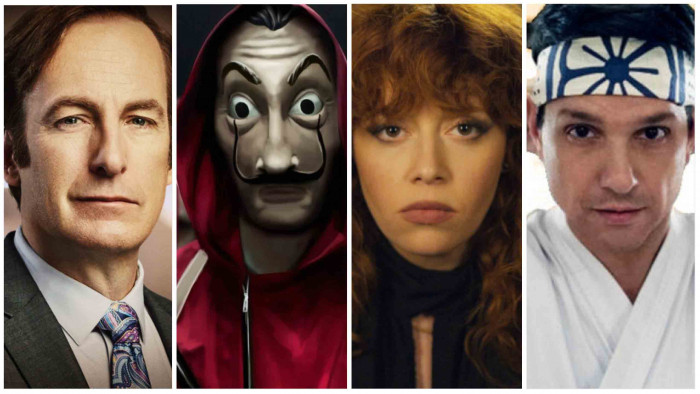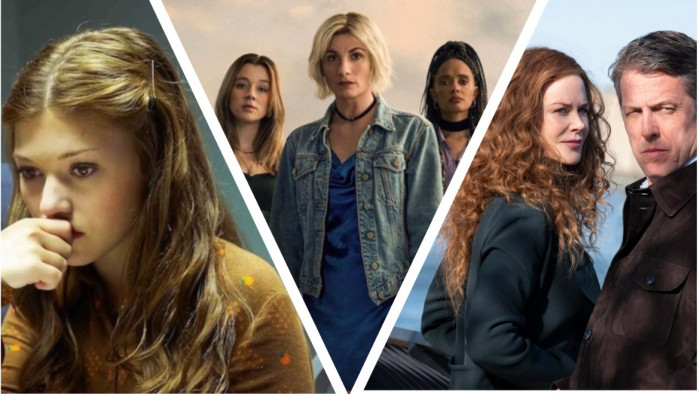Stranger Things on LSD. Orange is the New Black on crack. Breaking Bad on meth.
Okay, so this isn't what Netflix CEO Reed Hastings had in mind when he told Wall Street Journal's WSJD tech event that the future of entertainment was a drug substitute.
Asked about what he saw on the horizon of entertainment, Hastings believed that the likes of films and television would fade into obscurity/climb the artistic ladder to a position comparative to opera or novels, replaced by "substitutes".
Hastings stated that Netflix would steer clear of the likes of sports and news content to remain focused on entertainment. Film and television would fall away, but the future of what will replace them appeared unclear.
"The ultimate challenge for us is: What is that new form of content? Is it VR, AR? Is it pharmacological?" said Hastings.
Hastings elaborated on what appeared to be a throw away comment:
"In twenty or fifty years taking a personalised blue pill, you just hallucinate in an entertaining way and then a white pill brings you back to normality is perfectly viable; and if the source of human entertainment in thirty or forty years is pharmacological we’ll be in real trouble."
Well, that, or we'll just settle down with our VR headsets and episode 4,309 of QI with a virtual Stephen Fry.
The CEO wasn't the only Netflix voice who felt that entertainment was headed in a bold new direction. Ted Sarandos, chief context officer (we don't know what that means either), suggested that a generation will soon arise that won't see any value in paid television or a licence fee, such as the BBC's.
"The iPlayer was one of the great innovations in television around the world. And now the BBC has announced that you have to sign in to iPlayer," said Sarandos.
"I think the BBC has done a phenomenal job in cultivating great talent, in telling very British stories that a decade ago were almost impossible to get produced... I think there are many things that the BBC do today that they previously needed to do to perpetuate British storytelling and British culture. Today, there’s a lot of people in the open market who want to do that as well, and who in some ways can do that more effectively than a big bureaucracy like the BBC."
Okay, so scratch QI. We'll be watching YouTube off our heads on a pill made by Netflix Pharmaceuticals.
[Via: Wall Street Journal, Tech Crunch]










